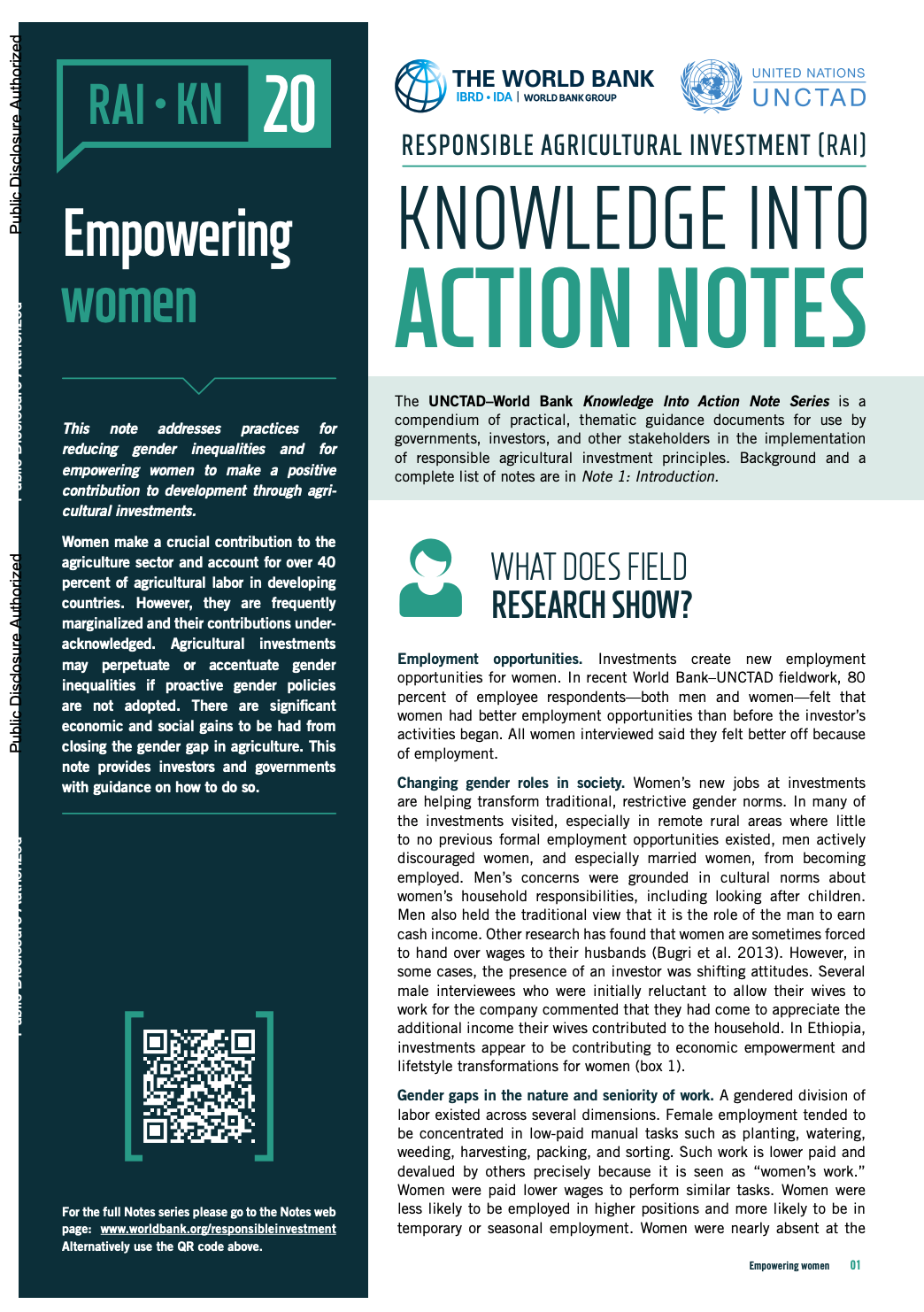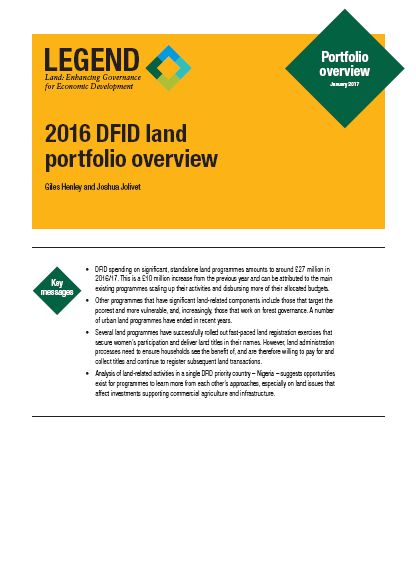WOMEN LAND AND PROPERTY RIGHTS IN KENYA
While women’s rights to land and property are protected under the Kenyan Constitution of 2010 and in various national statutes, in practice, women remain disadvantaged and discriminated. The main source of restriction is customary laws and practices, which continue to prohibit women from owning or inheriting land and other forms of property.








